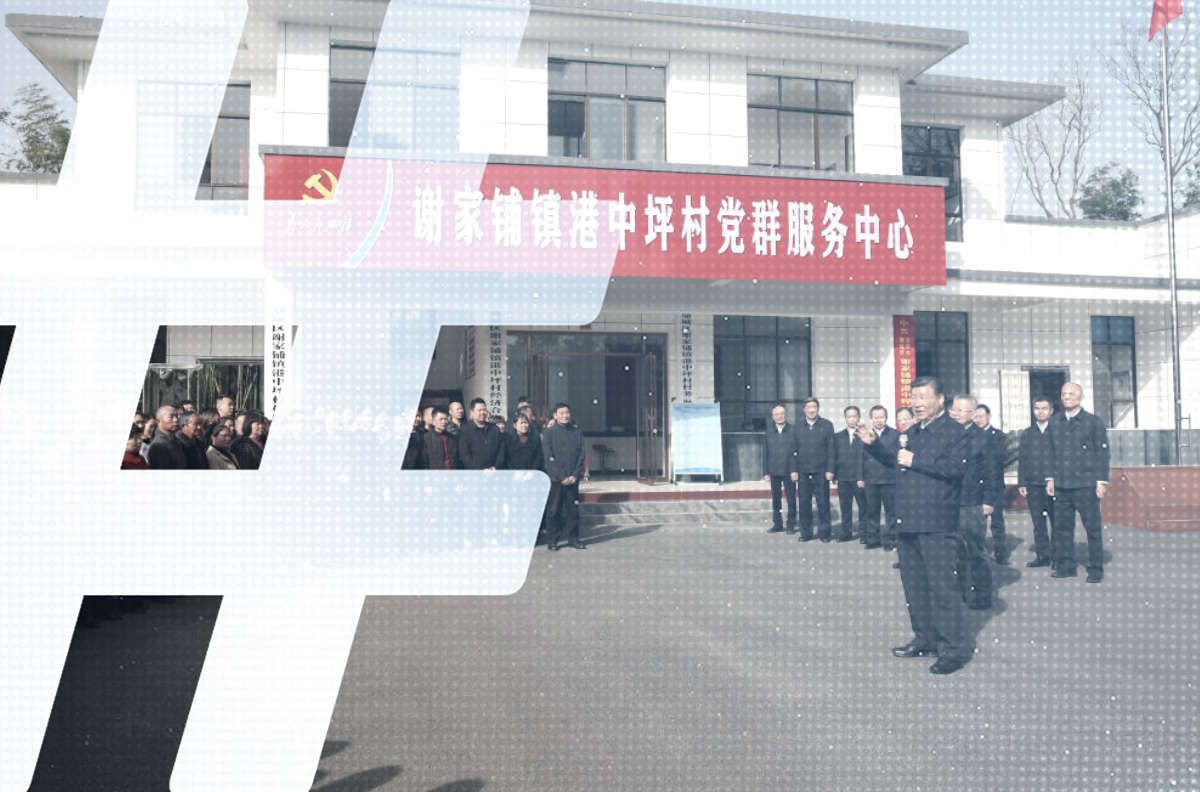Headlines and Hashtags
May 26 — June 1, 2008
May 28 – American actress Sharon Stone publicly apologized to China for comments she made from the red carpet to a reporter while attending the Cannes Film Festival on May 22. When asked about the situation in Tibet, Stone told the reporter: “I’m not happy about the way the Chinese are treating the Tibetans because I don’t think anyone should be unkind to anyone else. And the earthquake and all this stuff happened, and then I thought, is that karma? When you’re not nice that bad things happen to you.” Chinese web users responded with anger to the comments, partly due to clear mistranslations which had Stone saying “it IS karma” rather than begging the question, “Is that karma?” After the comments created a firestorm in China, Stone reportedly issued an apology on May 28 via the Shanghai office of Christian Dior (for which Stone is a celebrity spokeswoman), saying she was “deeply sorry and sad about hurting Chinese people.” This apology subsequently became the source of controversy, as Stone said the words did not represent her own position. The New York Times reported that Stone responded to a call from Dior CEO Sidney Toledano by saying: “I talked to Sidney and I said: ‘Let’s get serious here. You guys know me very well. I’m not going to apologize. I’m certainly not going to apologize for something that isn’t real and true — not for face creams.’ ” On June 4, Stone apologized a second time, saying to reporters: “Yes, I misspoke. I could not be more regretful of that mistake. It was unintentional. I apologise, those words were never meant to be hurtful to anyone. I am deeply saddened by the pain that this whole situation has caused the victims of the devastating earthquake in China.” News followed that Stone would not be on the invitation list to attend the upcoming Shanghai Film Festival.
May 29 — Chinese President Hu Jintao made his first formal statement on China’s media following the May 12 Sichuan earthquake. Hu Jintao essentially said that the Central Publicity Department would in future define public incidents, or gonggong shijian (公共事件), as natural disasters, production accidents (like mining disasters) and epidemic situations. At the very least, Hu said, reporters from China Central Television and Xinhua News Agency (at the very least) must be allowed to report from the scene. Summarizing disaster reporting in China over the last five years, Hu said:
1. Chinese media, particularly state media, must “keep a firm grasp” on initiative in reporting (报道的主动权). This means, essentially, that leaders have recognized the disadvantage of hitting hard with control initially, and then opening up only after pressure has been applied (by the public, by international media, etc.). SARS in 2003 was the perfect example of this, and Tibet arguably was too. By moving first (先发制人 for you Sun Tzu fans) with timely reporting, the government can, to a certain degree, control the direction of coverage more effectively.
2. China needs to raise the effectiveness of news, reporting at the first available moment
3. China needs to increase the transparency of news reporting, not covering up public incidents (公共事件)
4. China needs to utilize the strengths of all kinds of media, including the Internet and the mobile phone network
June 1 – Hong Kong newsmagazine Asia Weekly (亚洲周刊) argued that the May 12 Sichuan earthquake was the biggest moment focusing international attention on China since the 1989 student protests and subsequent crackdown in Beijing. China’s media coverage of the quake, the magazine said, was an important moment in China’s press history.






















